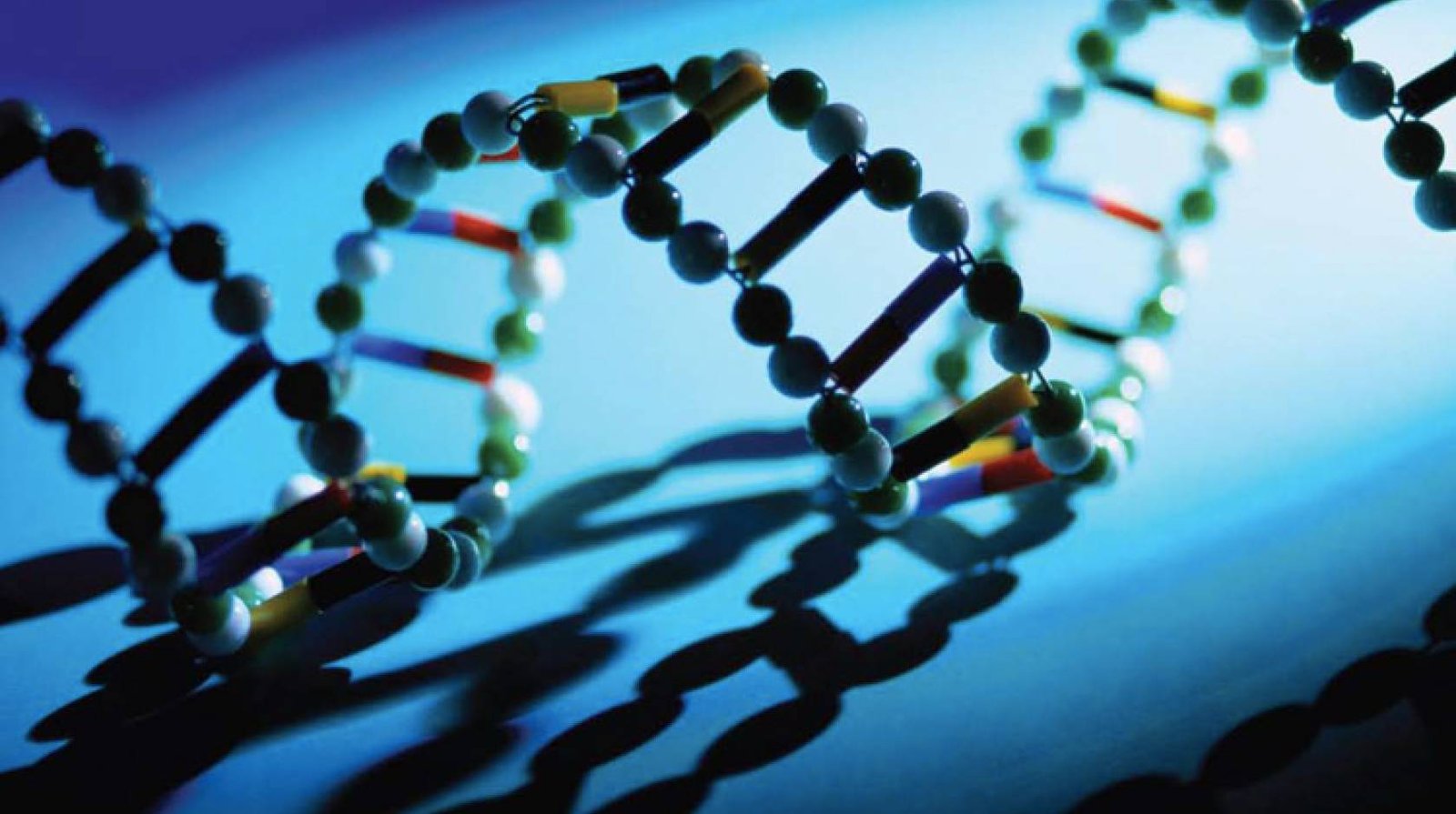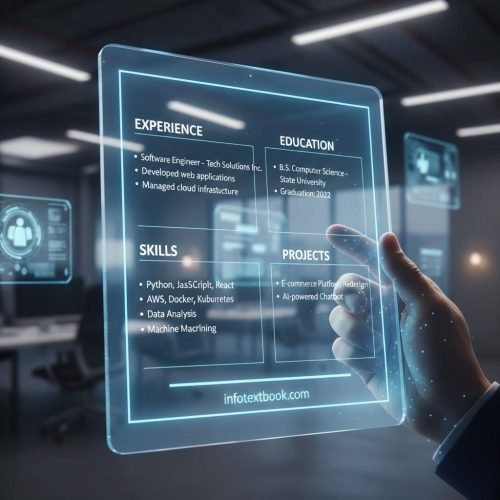Table of Contents
ToggleSynthetic Biology Innovations, Applications & Future of Biotechnology
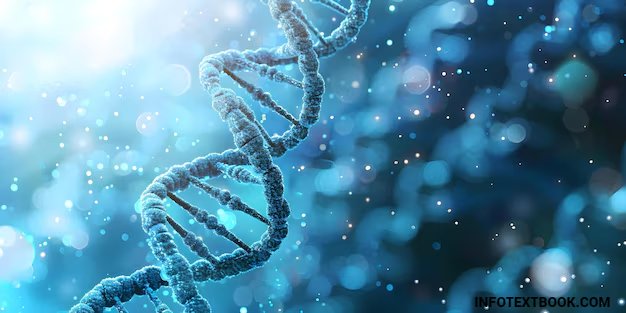
Introduction
The field of biotechnology is evolving rapidly, and Synthetic Biology is at the heart of this revolution. By combining biology, engineering, and computational sciences, synthetic biology allows scientists to design and construct new biological systems with specific functions. From healthcare advancements to sustainable industrial practices, this discipline is shaping the future of innovation.
What is Synthetic Biology?
Synthetic Biology involves redesigning organisms for useful purposes by engineering them to have new abilities. Unlike traditional genetic engineering, which modifies existing genes, synthetic biology focuses on constructing entirely new biological systems and pathways. This multidisciplinary approach is transforming how we view and use biology in solving global challenges.
Key Innovations in Synthetic Biology
Recent innovations include the creation of artificial genomes, development of gene-editing tools, and design of engineered microbes capable of producing biofuels, vaccines, and even biodegradable plastics. Such breakthroughs demonstrate the immense potential of synthetic biology in reshaping industries.
Applications in Healthcare
One of the most impactful areas of Synthetic Biology is healthcare. Researchers are engineering microbes to produce life-saving drugs, designing synthetic vaccines, and exploring personalized medicine solutions. Cancer therapies, advanced diagnostics, and regenerative medicine are also benefiting from synthetic biology tools, offering hope for more effective treatments.
Role of Synthetic Biology in Agriculture
Agriculture faces challenges like climate change and food security, and synthetic biology offers innovative solutions. Engineered crops can resist pests and diseases, reduce dependency on harmful chemicals, and enhance nutritional value. Additionally, microbes designed through synthetic biology can improve soil fertility and reduce the carbon footprint of farming.
Industrial and Environmental Applications
Industries are turning to synthetic biology for sustainable manufacturing. Engineered organisms are now producing biofuels, renewable chemicals, and biodegradable materials. Environmental applications include waste treatment, carbon capture, and developing microbes that can break down plastics, contributing to a greener future.
Challenges in Synthetic Biology
Despite its promise, synthetic biology faces challenges. Ethical concerns, safety issues, and regulatory frameworks remain critical debates. Additionally, the complexity of biological systems means unpredictable outcomes, making research and testing essential for safe applications.
Future of Synthetic Biology
The future of Synthetic Biology is promising, with potential to revolutionize medicine, agriculture, and industries worldwide. As research progresses, we can expect breakthroughs that enhance human health, create sustainable resources, and solve pressing environmental issues. Collaboration between scientists, policymakers, and industry leaders will be vital to ensuring safe and responsible growth of this field.
Introduction
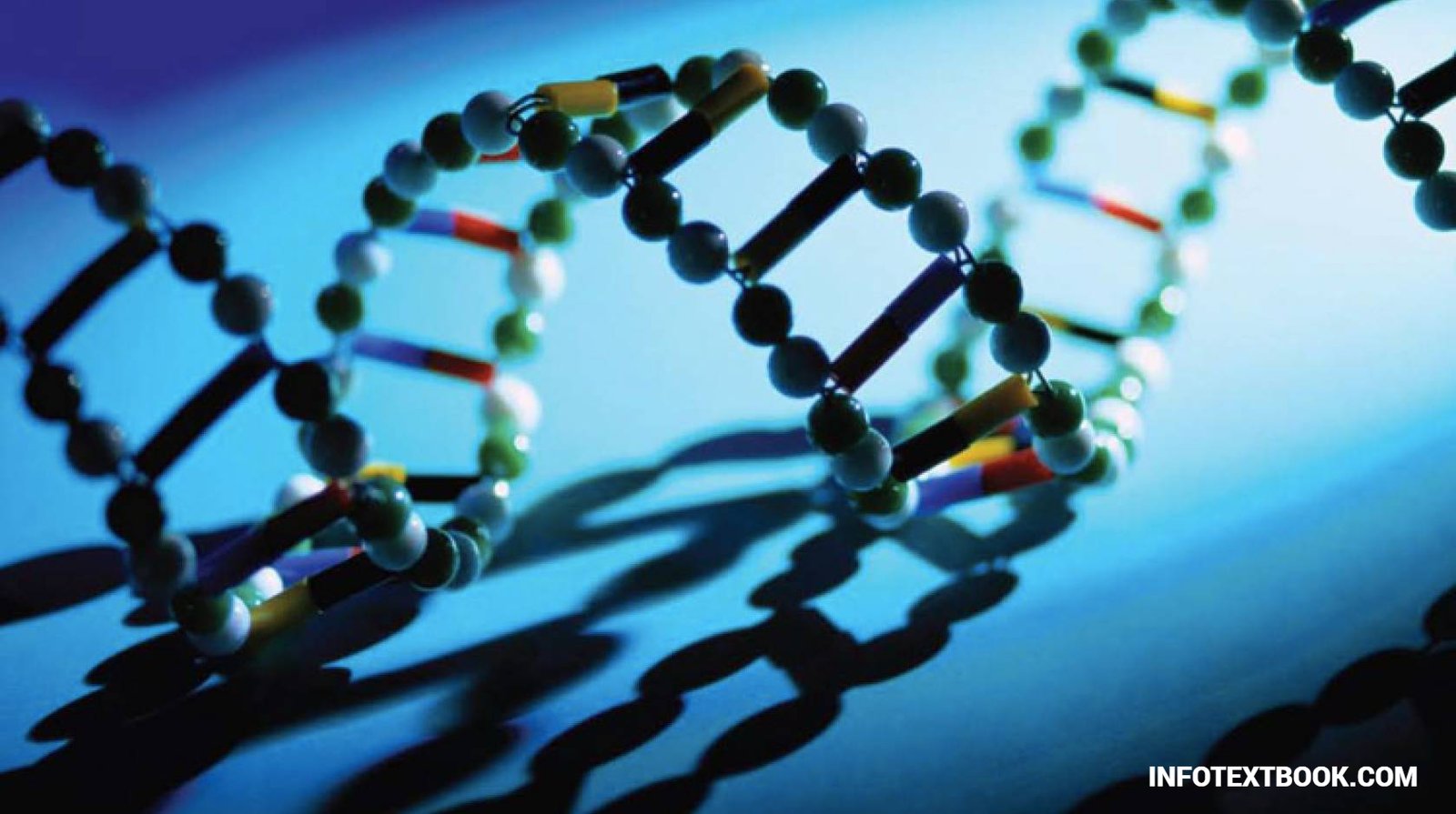
Introduction
The 21st century has witnessed remarkable progress in science and technology, and one of the most transformative fields emerging from this wave of innovation is Synthetic Biology. This multidisciplinary domain combines biology, engineering, and computational sciences to design and construct new biological systems that can perform specific, valuable functions. Unlike traditional biotechnology, which relies mainly on modifying existing organisms, synthetic biology allows scientists to create entirely new pathways, cells, and even organisms that can address some of the world’s most pressing challenges.
Artificial intelligence (AI) is also playing an essential role in accelerating synthetic biology research. Advanced algorithms can analyze vast amounts of genomic data, model complex biological processes, and predict the outcomes of genetic modifications with precision. This integration of AI with synthetic biology not only enhances the speed of discovery but also reduces costs and risks, making it possible to explore areas that were once beyond reach. From healthcare innovations to sustainable agriculture, the partnership between AI and synthetic biology is shaping a new era of technological evolution.
One of the defining features of Synthetic Biology is its potential for real world impact. In healthcare, engineered microbes can produce vaccines, antibiotics, and life-saving drugs more efficiently than ever before. In agriculture, synthetic biology is being used to develop pest-resistant crops and biofertilizers that promote sustainable farming practices. Meanwhile, industries are leveraging it to create biofuels, renewable chemicals, and environmentally friendly materials that reduce dependence on fossil fuels. These advancements not only boost innovation but also contribute to solving urgent global issues like climate change and food security.
At its core, Synthetic Biology represents the fusion of creativity and science. It challenges us to reimagine biology as a platform for engineering solutions solutions that are scalable, sustainable, and beneficial to humanity. While ethical and regulatory concerns remain critical, the potential benefits far outweigh the limitations when research is conducted responsibly. As we move into a future where AI and biology converge, synthetic biology will continue to drive breakthroughs that shape medicine, agriculture, industry, and environmental sustainability. This is not just the evolution of biotechnology it is the blueprint for a smarter, healthier, and more sustainable world.
What is Synthetic Biology?
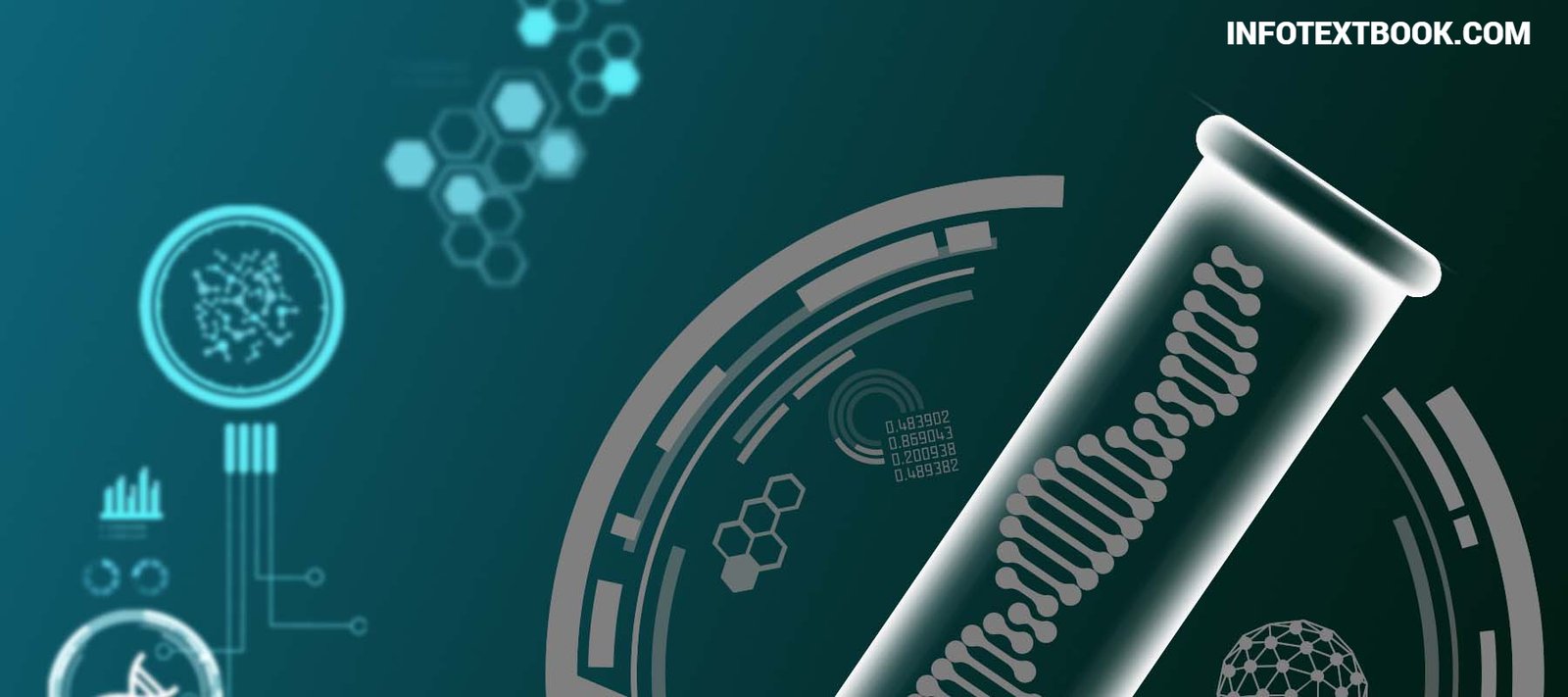
What is Synthetic Biology?
Synthetic Biology is an emerging interdisciplinary field that combines biology, engineering, computer science, and chemistry to design and construct new biological systems. Unlike traditional biotechnology, which mainly modifies existing genetic material, synthetic biology aims to build entirely new genetic pathways, organisms, or biological parts to serve specific purposes. This field represents a revolutionary approach to understanding and manipulating life at the molecular level.
At its core, synthetic biology involves reprogramming DNA, creating artificial genomes, and developing engineered cells that can perform tasks not found in nature. For example, scientists are building bacteria that can produce medicines, generate biofuels, or even clean up environmental waste. These engineered organisms can be fine-tuned to solve real-world problems, making synthetic biology one of the most powerful tools of modern science.
Another key aspect of Synthetic Biology is its potential to transform healthcare. Researchers are exploring ways to create synthetic vaccines, improve diagnostic tools, and design customized therapies for complex diseases like cancer. Agriculture is also being reshaped, with engineered crops capable of resisting drought, pests, and diseases, contributing to sustainable food security.
Beyond healthcare and agriculture, synthetic biology also plays a role in environmental sustainability. Engineered microbes can break down plastics, capture carbon dioxide, and reduce pollution. Such innovations could provide long-term solutions to some of the planet’s most pressing ecological challenges.
Despite its promise, synthetic biology raises important ethical and safety questions. Concerns about biosecurity, unintended consequences, and the impact of engineered organisms on ecosystems must be addressed through careful regulations and global cooperation. Responsible innovation is essential to ensure the benefits outweigh potential risks.
Key Innovations in Synthetic Biology
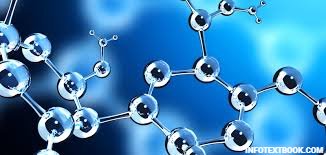
Key Innovations in Synthetic Biology
The rapid growth of biotechnology has paved the way for transformative discoveries, and one of the most groundbreaking areas is Synthetic Biology. This field combines biology, engineering, and artificial intelligence (AI) to design and build new biological systems with practical applications. Several key innovations are redefining industries, healthcare, and sustainability.
1. CRISPR and Advanced Gene-Editing Tools
One of the biggest milestones in Synthetic Biology is the development of CRISPR and related gene-editing systems. These tools enable precise modification of DNA sequences, making it possible to engineer crops, create personalized medicine, and study genetic diseases with unparalleled accuracy.
2. Artificial Genomes and Synthetic Cells
Scientists have successfully created artificial genomes and synthetic cells that mimic natural biological systems. These synthetic organisms are being used to produce pharmaceuticals, vaccines, and eco-friendly biofuels. This innovation represents a step toward designing life from scratch, tailored to meet human needs.
3. Engineered Microbes for Sustainability
Microbes engineered through synthetic biology are now capable of producing biodegradable plastics, renewable chemicals, and clean energy. These engineered organisms not only reduce reliance on fossil fuels but also address environmental concerns such as plastic waste and carbon emissions.
4. Synthetic Vaccines and Biopharmaceuticals
The COVID-19 pandemic highlighted the importance of rapid vaccine development. Synthetic biology has accelerated the creation of synthetic vaccines and advanced biopharmaceuticals, reducing production time while ensuring safety and effectiveness. AI integration further optimizes the design of these medical innovations.
5. Biosensors and Smart Diagnostics
Another exciting advancement is the development of biosensors that detect diseases, toxins, or pollutants in real time. These smart diagnostic tools, built with synthetic biology, have applications in healthcare, agriculture, and environmental monitoring, providing fast and accurate results.
6. AI Driven Design in Synthetic Biology
Artificial intelligence is now integrated into synthetic biology research, allowing scientists to simulate and predict biological behaviors. This reduces trial and error experimentation and accelerates discoveries. AI powered platforms assist in designing proteins, metabolic pathways, and genetic circuits with higher precision.
Applications in Healthcare
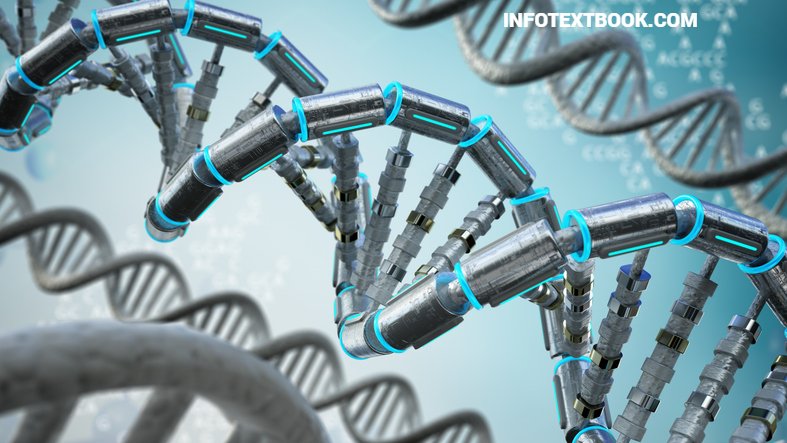
Applications in Healthcare
Healthcare is one of the most transformative fields benefiting from advancements in Synthetic Biology. By combining biology, engineering, and computational science, researchers are developing innovative tools and solutions to tackle complex medical challenges. From designing new drugs to improving diagnostics, synthetic biology is reshaping modern medicine and patient care.
One of the most notable applications is the development of synthetic vaccines. Traditional vaccines often take years to design and manufacture, but synthetic biology enables scientists to create faster, safer, and more effective vaccines. This approach was particularly vital during the global pandemic, where engineered platforms accelerated vaccine production and distribution.
Another significant breakthrough is in personalized medicine. Using synthetic biology, researchers can design therapies that are tailored to an individual’s genetic profile. This allows doctors to deliver treatments that are more precise and effective, reducing side effects and improving patient outcomes. Synthetic biology also plays a critical role in developing advanced cancer treatments. Engineered immune cells, such as CAR-T therapy, are being designed to specifically target and eliminate cancer cells.
Beyond treatments, synthetic biology enhances medical diagnostics. Engineered biosensors can detect diseases at an early stage by identifying biomarkers in blood, saliva, or even breath. These low-cost, highly accurate diagnostic tools are revolutionizing healthcare accessibility, especially in resource-limited regions.
In addition, Synthetic Biology is driving innovation in the production of essential medicines. Engineered microorganisms can produce antibiotics, insulin, and other life-saving drugs at scale, making them more affordable and accessible worldwide. This approach also reduces reliance on traditional production methods, which can be costly and environmentally unsustainable.
The integration of synthetic biology into healthcare not only improves treatment and diagnostics but also creates pathways for regenerative medicine. Scientists are exploring the possibility of designing synthetic tissues and organs, offering hope for patients in need of transplants.
Role of Synthetic Biology in Agriculture
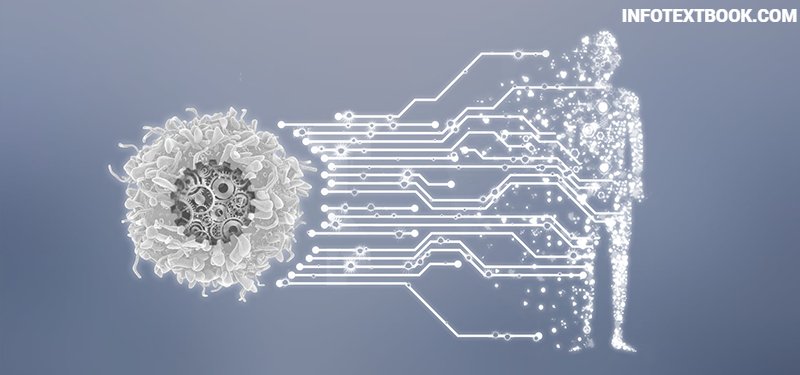
Role of Synthetic Biology in Agriculture
Agriculture has always been the backbone of human civilization, but in today’s world, it faces unprecedented challenges such as climate change, soil degradation, pest outbreaks, and the growing demand for food to feed billions of people. To address these issues, scientists are turning to advanced solutions, and Synthetic Biology is emerging as a powerful tool to revolutionize farming and food production.
At its core, Synthetic Biology in agriculture focuses on designing and engineering biological systems to improve crop productivity, enhance resistance to pests and diseases, and reduce the environmental footprint of farming. For instance, scientists are engineering crops with built-in tolerance to drought, salinity, and temperature stress, allowing farmers to maintain yields even in unpredictable climates. This reduces dependence on chemical fertilizers and pesticides, making agriculture more sustainable and eco-friendly.
Another significant role of synthetic biology is in soil health management. Engineered microbes can be introduced into the soil to enhance nutrient availability, fix nitrogen more efficiently, and promote healthier root systems. These innovations not only boost crop yields but also minimize reliance on synthetic fertilizers, lowering costs for farmers and reducing greenhouse gas emissions.
Synthetic biology also enables the creation of crops with higher nutritional value. For example, biofortified plants can provide essential vitamins and minerals, addressing malnutrition in developing regions. Furthermore, scientists are working on engineering plants that can absorb carbon dioxide more effectively, contributing to climate change mitigation while producing food.
The potential doesn’t stop there. Synthetic biology opens doors to alternative food production methods, such as lab-grown meat, plant-based proteins, and sustainable biofuels. These innovations can transform how we think about agriculture and food security in the long run.
Industrial and Environmental Applications
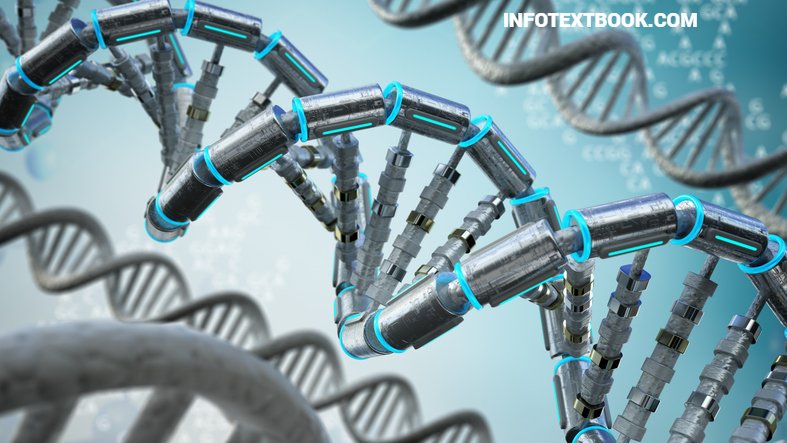
Industrial and Environmental Applications of Synthetic Biology
The rise of Synthetic Biology has opened up exciting possibilities in industrial and environmental sectors. By engineering living systems, scientists and innovators are creating sustainable alternatives to traditional manufacturing methods while addressing pressing environmental challenges.
Industrial Applications
Industries worldwide are shifting toward greener, more efficient practices, and synthetic biology is playing a critical role in this transition. Engineered microorganisms are being developed to produce renewable chemicals, biofuels, and biodegradable plastics. For example, yeast and bacteria can be redesigned to generate bioethanol or other energy-rich compounds, reducing dependence on fossil fuels. Similarly, synthetic microbes are being programmed to manufacture medicines, vitamins, and raw materials, providing industries with eco-friendly production methods.
Another significant industrial application is in textiles and cosmetics. Microbes engineered through synthetic biology can produce sustainable dyes and fragrances, eliminating the need for harmful chemicals. Moreover, companies are experimenting with lab-grown meat and dairy products, which are created using engineered cells, offering cruelty-free and sustainable food options.
Environmental Applications
Environmental sustainability is one of the greatest benefits of Synthetic Biology. Scientists are developing microbes that can capture carbon dioxide and convert it into useful materials, contributing to the fight against climate change. Additionally, engineered organisms are being designed to break down pollutants, such as plastics and toxic waste, that currently pose major threats to ecosystems.
Bioremediation, powered by synthetic biology, is an emerging field where microbes are tailored to clean up oil spills, heavy metals, and other contaminants from soil and water. These advancements hold the potential to restore damaged ecosystems and reduce long-term environmental harm.
Waste management also benefits from synthetic biology. Engineered microbes can transform organic waste into renewable energy sources or valuable products like fertilizers, closing the loop in a circular economy.
The Road Ahead
The integration of synthetic biology in industrial and environmental fields represents a major step toward sustainability. By replacing harmful processes with eco-friendly innovations, this field not only drives economic growth but also ensures a healthier planet for future generations. While challenges like regulation and ethical concerns remain, the opportunities are vast, making synthetic biology a cornerstone of future industrial and environmental solutions.
Challenges in Synthetic Biology
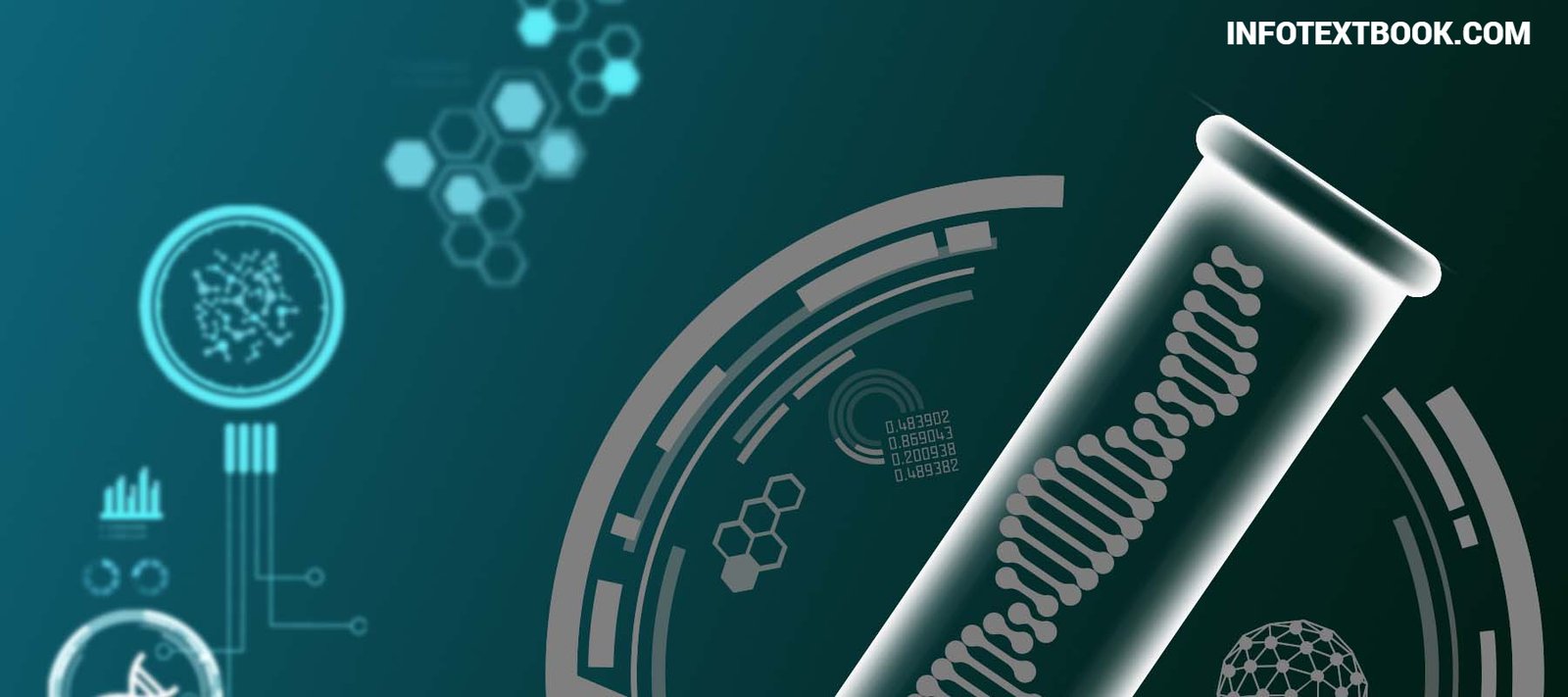
Challenges in Synthetic Biology
While Synthetic Biology has opened remarkable opportunities in healthcare, agriculture, and industrial innovation, it also faces several complex challenges. These hurdles not only slow down the pace of research but also raise important ethical, social, and regulatory concerns that must be addressed for the safe and responsible development of this field.
1. Ethical and Safety Concerns
One of the biggest debates surrounding Synthetic Biology is its ethical implications. Designing artificial organisms and modifying life at the genetic level can spark fears about unintended consequences. Questions arise about the long-term impact of releasing engineered organisms into natural ecosystems. Safety risks, such as biosecurity threats and accidental misuse, make it crucial to establish strong safeguards before applying synthetic biology solutions on a large scale.
2. Technical Limitations
Despite rapid advancements, technical barriers remain a major challenge. Biological systems are inherently complex and unpredictable. Researchers often encounter difficulties in controlling engineered organisms or ensuring their stability in real-world conditions. Designing reliable synthetic pathways and predicting their long-term effects continue to be significant scientific obstacles.
3. Regulatory and Legal Barriers
The legal frameworks governing synthetic biology are still in their infancy. Many countries lack clear regulations on the development, testing, and commercialization of synthetic organisms. Without standardized guidelines, there is a risk of inconsistent oversight, which could hinder innovation while raising safety concerns. A global regulatory framework is needed to balance innovation with responsibility.
4. Economic and Accessibility Issues
Although synthetic biology holds promise, the cost of research, advanced technologies, and infrastructure can be extremely high. This limits participation to well-funded institutions and creates gaps in global access to its benefits. Developing affordable technologies and ensuring equitable access is essential to prevent widening inequalities in science and innovation.
5. Public Perception and Acceptance
Public trust plays a critical role in the adoption of new technologies. Misconceptions, fear of genetic manipulation, or lack of awareness can lead to resistance. Building transparent communication and engaging the public in discussions about the potential and risks of synthetic biology are crucial steps toward acceptance.
Future of Synthetic Biology
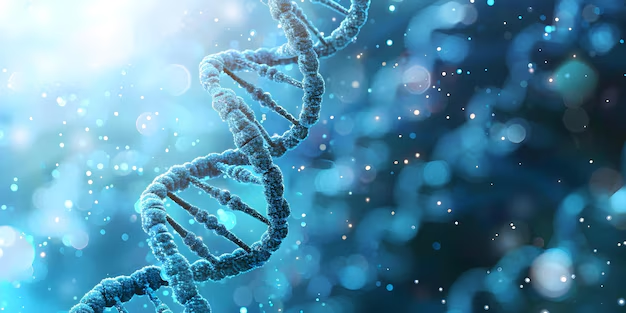
Future of Synthetic Biology
The future of Synthetic Biology holds immense promise as it continues to bridge the gap between biology, engineering, and computer science. This field is poised to transform industries, enhance healthcare, and address global challenges related to sustainability, food security, and environmental conservation. By leveraging advanced tools like CRISPR, DNA synthesis, and computational modeling, researchers are creating possibilities that were once considered science fiction.
In healthcare, the future of Synthetic Biology includes personalized medicine, where treatments are tailored to an individual’s genetic makeup. Scientists are developing engineered cells that can detect diseases at an early stage and release therapeutic agents directly inside the body. Synthetic vaccines and new cancer therapies are also on the horizon, offering more effective and targeted healthcare solutions.
Agriculture will greatly benefit from future advancements as well. Engineered crops could withstand extreme weather conditions, require fewer chemical fertilizers, and provide enhanced nutritional value. Microorganisms designed through synthetic biology may help replenish soil nutrients naturally, promoting eco-friendly farming practices that align with global sustainability goals.
Industries are expected to see an eco-revolution powered by synthetic biology. Engineered microbes will play a major role in producing renewable fuels, sustainable chemicals, and biodegradable plastics. Moreover, the environmental applications of synthetic biology, such as carbon capture and plastic waste degradation, will be critical in combating climate change.
However, the future also brings challenges. Ethical concerns, biosecurity risks, and the need for robust regulatory frameworks will remain crucial discussions. Collaboration among scientists, policymakers, and global organizations will ensure the responsible use of synthetic biology while minimizing risks.
Ultimately, the future of Synthetic Biology is not just about technology—it’s about reimagining how humanity interacts with the natural world. As this field matures, it will open new opportunities to solve pressing global issues while shaping a sustainable and innovative future for generations to come.
Final Thoughts

Final Thoughts
Synthetic Biology is one of the most groundbreaking fields in modern science, merging biology, engineering, and technology to create solutions once thought impossible. Its impact is already visible across industries, from healthcare to agriculture, where engineered organisms are paving the way for better medicines, sustainable crops, and eco-friendly materials. With its ability to address global challenges like climate change, food security, and environmental pollution, synthetic biology represents not just innovation but also hope for a more sustainable future.
At the same time, this field demands responsible growth. Ethical questions, biosafety, and regulation remain crucial factors in shaping its trajectory. To unlock its full potential, collaboration between scientists, governments, and industries will be essential. Educational initiatives and transparent communication will also play a major role in ensuring public trust and awareness.
As synthetic biology continues to evolve, it promises to redefine the boundaries of biotechnology. Its advancements will not only transform the way we approach medicine and industry but also inspire the next generation of innovators. In essence, Synthetic Biology is more than a scientific discipline—it is a vision for a healthier, smarter, and more sustainable world.
FAQs Synthetic Biology
Q1. What is Synthetic Biology?
Synthetic Biology is an interdisciplinary field that combines biology, engineering, and technology to design and build new biological systems or modify existing ones for specific purposes.
Q2. How is Synthetic Biology different from genetic engineering?
While genetic engineering modifies existing genes, Synthetic Biology often involves creating entirely new biological systems, pathways, or organisms from scratch.
Q3. What are the applications of Synthetic Biology in healthcare?
It is used to create synthetic vaccines, personalized medicines, cancer therapies, and engineered microbes for drug production.
Q4. How does Synthetic Biology benefit agriculture?
It helps in developing pest-resistant crops, improving soil fertility with engineered microbes, and enhancing crop nutrition while reducing chemical use.
Q5. What industries use Synthetic Biology?
Industries like pharmaceuticals, biofuels, renewable materials, food production, and environmental sustainability rely on synthetic biology innovations.
Q6. What are the challenges in Synthetic Biology?
Key challenges include ethical concerns, biosafety risks, unpredictable outcomes, and the need for clear regulations.
Q7. Is Synthetic Biology safe?
When conducted under strict ethical guidelines and safety protocols, Synthetic Biology can be safe, though continuous monitoring and regulation are essential.
Q8. What is the future of Synthetic Biology?
The future holds potential for breakthroughs in medicine, agriculture, and environmental sustainability, offering innovative solutions to global challenges.

